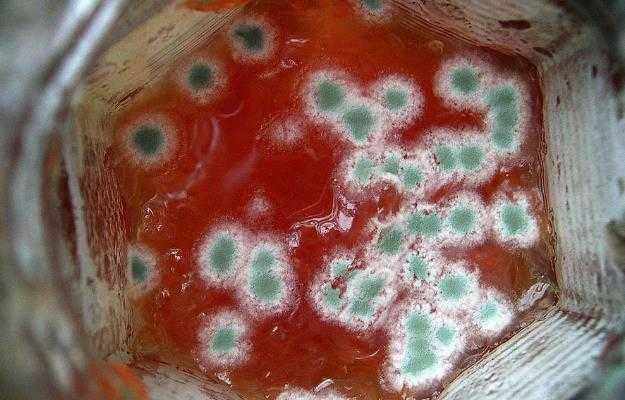What is Paracoccidioidomycosis?
Paracoccidioidomycosis is a fungal disease, which initially affects the lungs and may eventually spread to the skin and other parts of the body. Paracoccidioidomycosis can be a potentially life-threatening condition if left untreated. However, it is a rare fungal disease. This disease is more commonly known as Lobo disease or PCM.
What are its main signs and symptoms?
Paracoccidioidomycosis chiefly affects the skin and lungs. Its symptoms may be as follows:
- Sudden and rapid weight loss.
- Swelling in the lymph nodes.
- Collection of pus or fluid in the lymph nodes.
- A persistent cough.
- Fever.
- Difficulty in breathing.
- Tiredness.
- Enlarged liver.
- Enlarged spleen.
- Lesions in the mouth and throat.
If you are tired of dieting and exercising and are not able to lose weight, then use myUpchar Ayurveda Medarodh Fat Burner Capsule, it has no side effects, order it today and avail the benefits.
Children infected with paracoccidioidomycosis are most likely to have symptoms, such as skin lesions and swelling in the lymph nodes. In adults, the lungs may get affected and the symptoms may vary accordingly.
This infection can occur in perfectly healthy individuals. However, the symptoms may be more severe in individuals with a weak immune system.
In very few individuals, no symptoms of paracoccidioidomycosis may be seen.
What are the main causes?
Paracoccidioidomycosis is caused by a fungus called Paracoccidioides brasiliensis. The airborne fungal spores enter the body of an individual during inhalation. As the spores enter the lungs, they get converted into active fungi, which then spread to other body parts.
How is it diagnosed and treated?
The diagnosis of this infection is established by laboratory analysis of the sputum or pus sample collected from the individual. A tissue sample may also be evaluated under a microscope to confirm the diagnosis.
Blood tests can also be helpful in diagnosing the condition. To determine the severity of the infection, the doctor may also perform a chest X-ray to spot the patchy areas of fungal infection in the lungs.
Paracoccidioidomycosis is effectively treated with the help of antifungal medications, such as itraconazole and amphotericin B. The infected individual may need to continue the treatment for up to one year in order to get rid of the fungus completely.
















